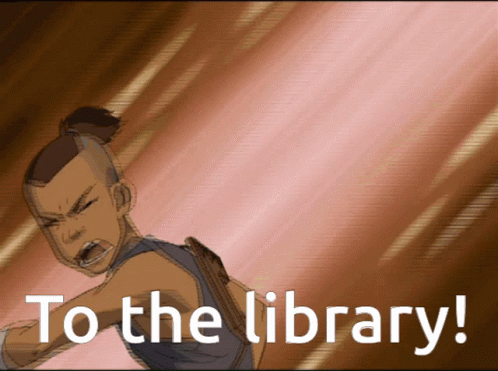Reflections on my time in New Orleans, French Quarter. February 2024.
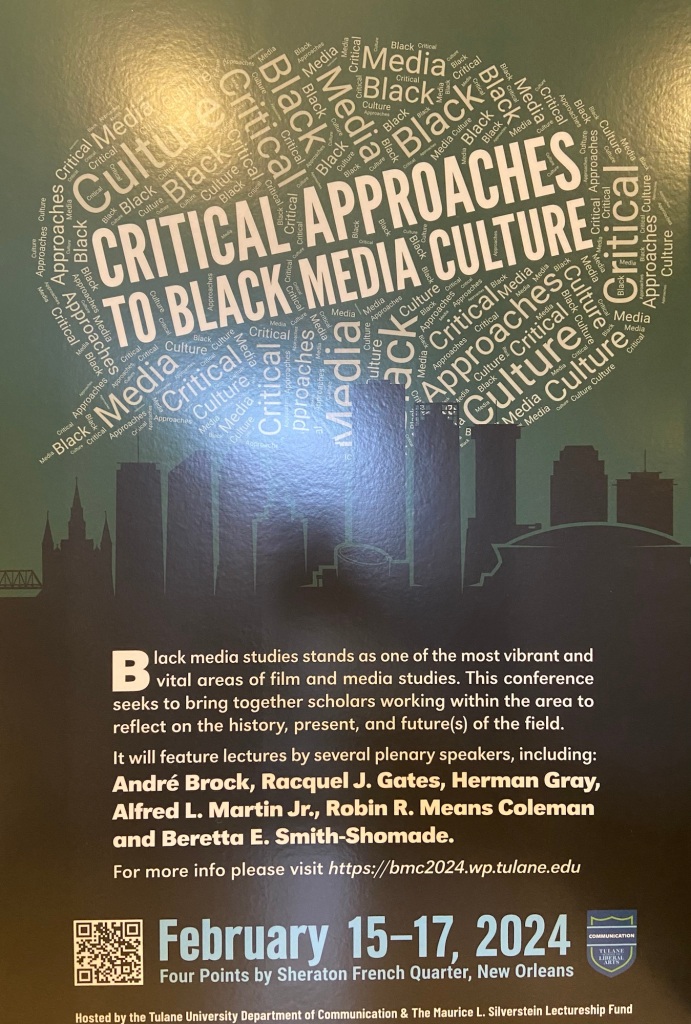
For the past year or so I’ve been participating in the Archiving The Black Web (AtBW) project. The growth of social media presents a unique opportunity to archivists and memory workers interested in documenting the contemporary black experience. As part of this mission, I conducted semi-structured interviews with 15 members of the Black Queer Twitter community to document self presentation and community building efforts online. The other scholars of the AtBW and I submitted our independent projects as part of a panel to the “Critical Approaches to Black Media Culture” conference hosted by Tulane University. Due to the phenomenal efforts of Meredith Clark and the AtBW team, we were accepted to present and discuss our work in NEW ORLEANS.
I was so excited because: 1) this was a chance to explore a different communities/venues than your typical HCI/CSCW conference that centered black culture and media; 2) I had always wanted to visit New Orleans!
Quickly: New Orleans was a BLAST!!
A couple months in Ithaca had me ready for Mardi Gras and neighborhood block parties, lots of street photography, delicious food, cutting UP!! with funny and warm southern black people, learning more about voodoo/hoodoo religion and local legends like Marie Leveau, and so much more!I was living my best life liiiiike:
I listened to an older local gentleman talk about his lost lady love and how he preserved a space in a mausoleum for them to lie together for eternity once he died. I listened to and comforted a crying a lady sob bitterly over broken social ties and being abandoned on Mardi Gras. I witnessed so much humanity in so little time.
The people really made New Orleans a magical experience.
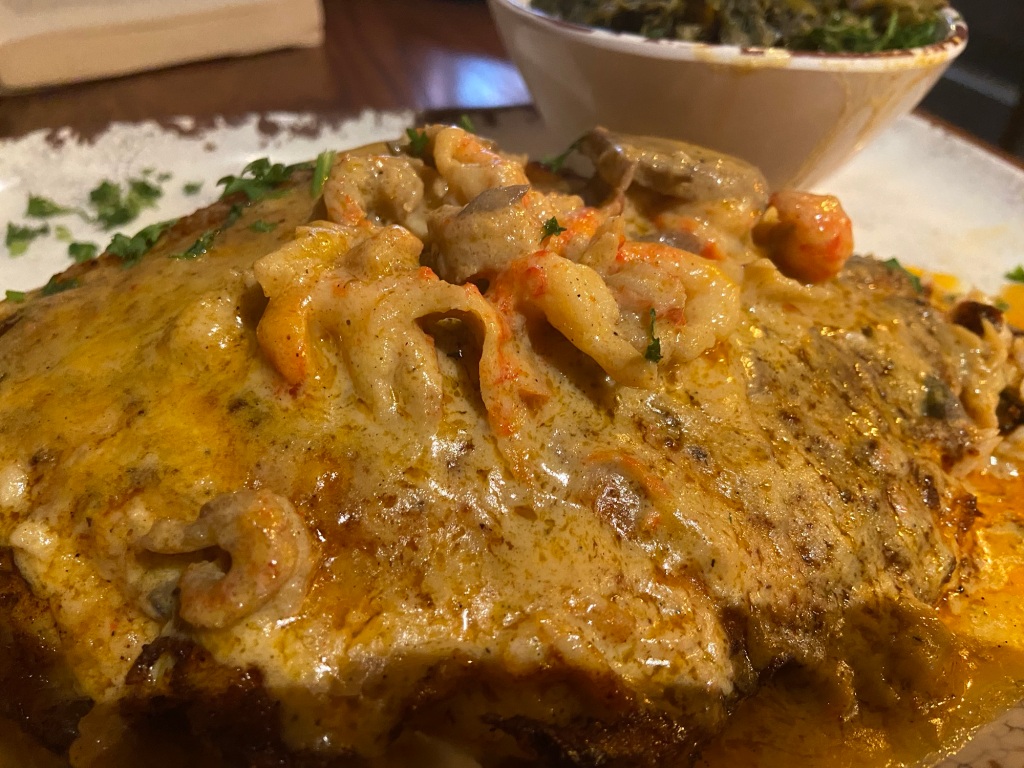
The people that I met at the conference and shared my work with really made for a powerful experience.
Coming into this experience, working on my project came with a lot of growing pains and I grew hyper aware of how othered my research project felt in predominantly white institutions where certain experiences are simply not centered.
So I was so nervous! Nervous about doing justice to my participants and the data they’ve entrusted me with. Nervous about public speaking. Nervous I wouldn’t finish my presentation notes 20 minutes before my talk.
But presenting at the “Critical Approaches to Black Media Culture conference” was different from my other conference experiences for very important reasons.
I remember standing outside of my presentation room urging myself to enter and I met the kindest black lady who gave me a pep talk and reminded me that this conference was here for people like me and that they were here cheering me on.
Grounded by her words I entered the room and marched to the front to set up my presentation. This same lady later decided to join and listened to my panel talk. That was way more than what I could have expected, it was so kind of her!
The 3rd presenter was not able to attend so it was me and Sinnamon Love on a panel on Black Interiority.
It was wonderful.
Here, amongst other black scholars, Science and research felt truly joyous and fruitful. People laughed at my jokes. People engaged with it critically but also joyfully. They could see the humor in the data and results due to that shared cultural humor and experiences. I found the session so helpful because there was no longer this wall between me and my audience. People had deeper questions about my research.
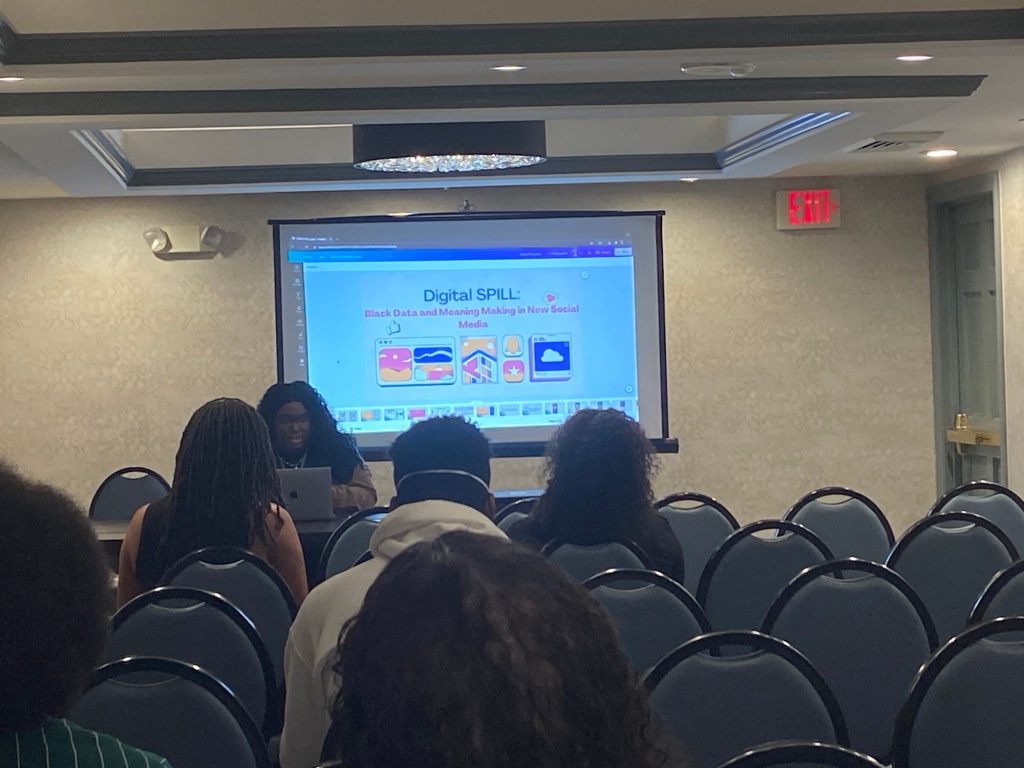
I’ve workshopped the early stages paper at Cornell but I could tell that’s not where the work belonged. Where people could engage with it critically but also joyfully. Who could see the humor in the data and results due to that shared cultural humor and experiences. Here, I felt lighter and I realized how long I’ve carried the burden of proof. What I mean by that is – Even though persuasion is part of the game of science, It was super nice to feel that I didn’t have to do an extra layer of translational work because the research was on black people and culture. Here, I was encouraged to be more bold and more authentic in my future work. Here, black people were centered as knowledge producers. Here, I felt like my work belonged and that it had found a home.
I left New Orleans with my belly full of beignet and my heart full of love and pride for the work I do.
Being here also made me confront and challenge my own bias for what is considered knowledge, who creates knowledge, and who legitimizes knowledge.
After I returned to Ithaca I got back to work figuring out my next steps
I later spoke to a colleague at CAT Lab about next steps for the paper. The conversation kinda went like this:
Me: “NOLA was great! … time to send the paper to a conference.”
Her: “Didn’t you just present it at one?”
Me: “I mean like HCI or CSCW or AOIR”
Her: “But you already done the things . You would have the same experiences at those conferences”
At that moment, I was confused. I then realized what I was subconsciously angling at – legitimacy. My work could only be legitimate if it entered the annals of well recognized and historic conferences like CHI and CSCW. Spaces that held a lot of power. Because surely, a conference that was for black people, centered black people, could not be legitimate in the same way even though the methods and rigor was all the same, no?
Upon reflection, I realized that being in this space brought to light my own internalized anti-blackness within academic spaces that managed to remain hidden from even myself. I had thought that this was a part of myself that I had long since interrogated and proven wrong.
It makes sense why it had for so long. I had only pivoted into more critical work last year. I had gone from a pure focus on HCI/UX to more critical work, i.e I had to deal with real people, real populations, real differences when it came to my work. Research and data became messier in a way that they were not for me before.
I’m still grappling with the increasing ‘realness’ of my work as I navigate power hierarchies in these institutions of knowledge. I’m learning everyday and more than anything I’m thankful for the communities and support I find along the way way as I learn more about myself and the world around me.
I decided that I wouldn’t submit to another conference because my colleague, as she often has the tendency to be, is right. I considered what was best not just for me (or rather my ego) but what was best for the work itself. It had found its home in New Orleans.
Geeked,
J
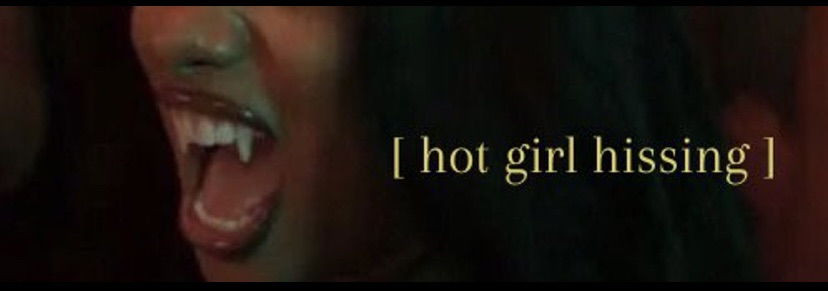
We really got to find the places that accept us and our work so I’m also gonna be noting of Qualitative Friendly conferences as I come upon them.










